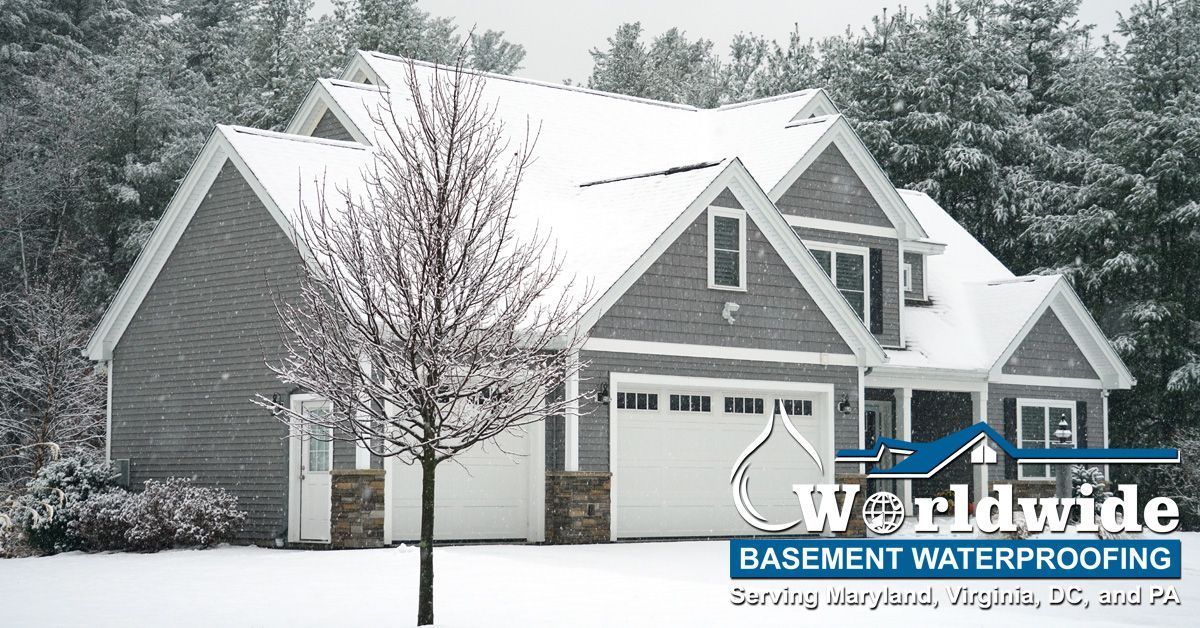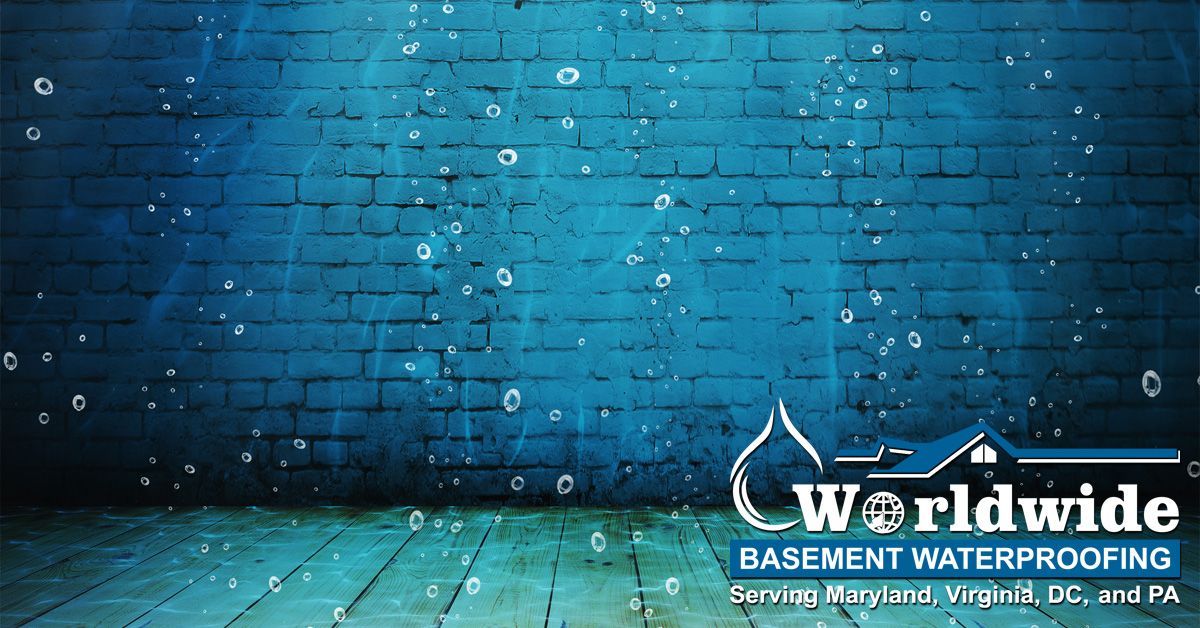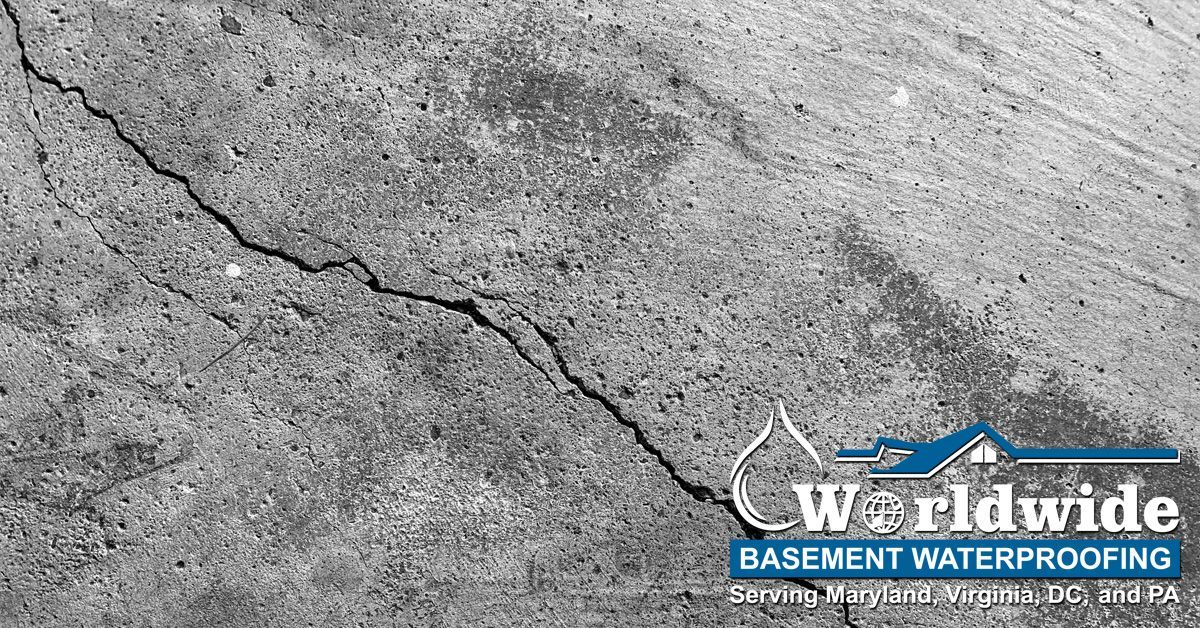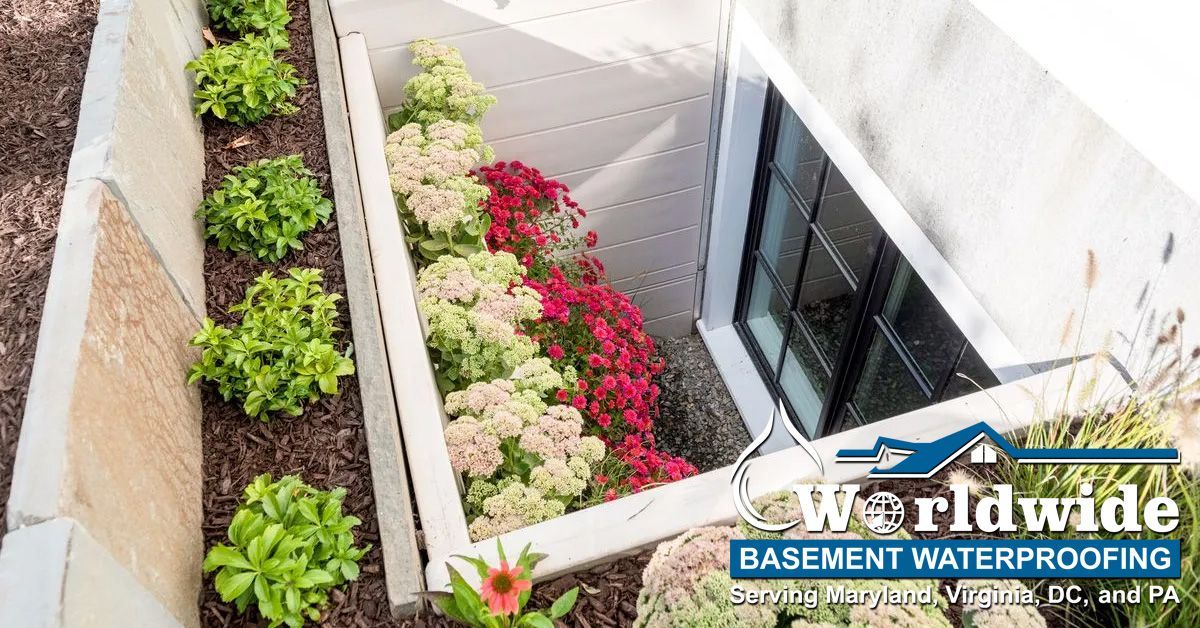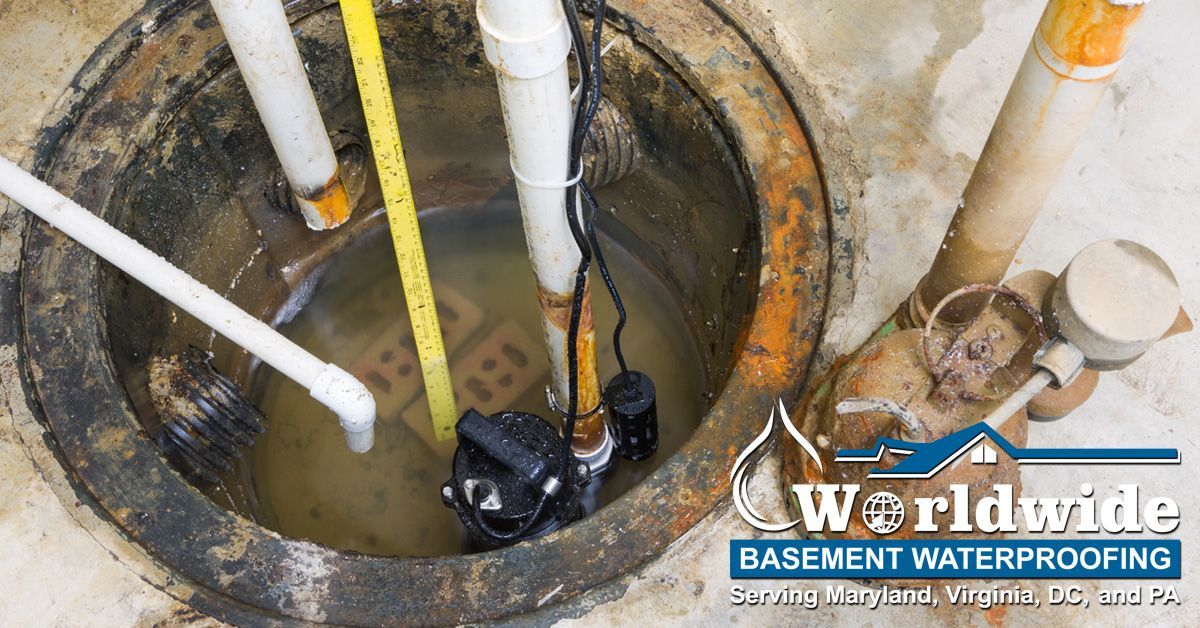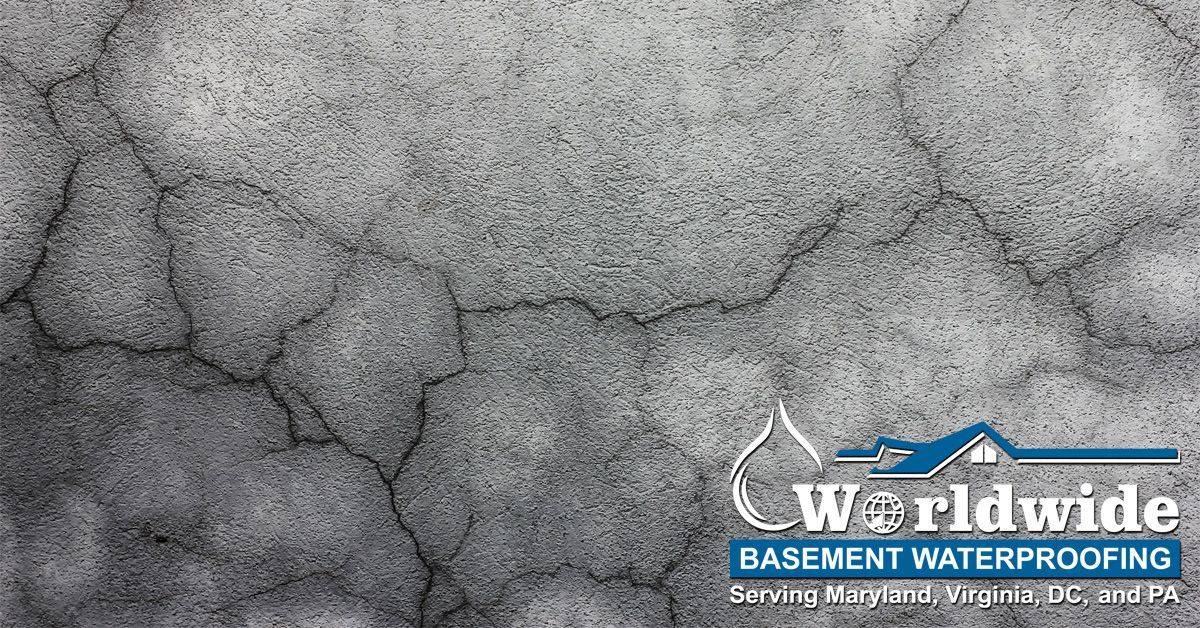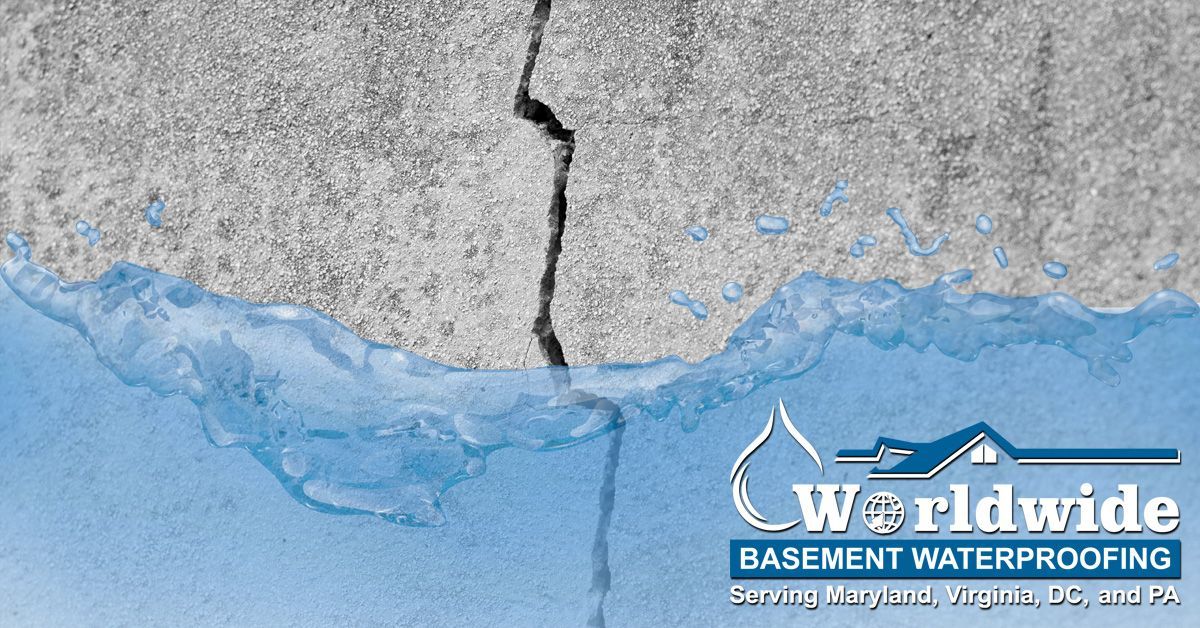Serving
Maryland, DC and Northern Virginia
Call 24/7 For Emergency Service
Northern Virginia (703) 647-2098
Wash. DC (202) 552-6662
Maryland (410) 437-0360
How Can Winter Affect Your Foundation?
As winter approaches it’s important to prepare for the damage winter storms and the generally cold weather can have on the structure of your home. Freezing temperatures and winter rainfall can damage your home’s foundation and cause persistent issues. Do what you can to get ahead of the winter storms and prevent any issues from getting worse.
How Freezing Temperatures Affect Your House
If the temperature gets to freezing temperatures, the moisture in the soil around your house will freeze resulting in ice. This effect will, in turn, push against your foundation. In the coming days, that moisture melts and saturates deeper and deeper into the ground. This cycle will repeat and continue to push against your house.
This repeated process of expansion and contraction can put pressure on your home’s foundation slab causing it to crack or shift. This occurrence can cause uneven flooring and even cracks in your walls. In order to maintain your home’s structural soundness, repairs will need to be performed.
Foundation Problems Caused By The Winter
Below are some common winter-caused foundation issues:
Frost Heave
Frost heave pushes your home’s foundation upwards. This can result in severe structural damage. Frost heave happens when temperatures fall below freezing causing the water in the dirt under your home to freeze and expand. This expansion produces an upward movement pressing your foundation above damaging ceilings, walls, and floors.
Foundation Leaks and Seepage
Depending on the amount of rain, ice, and snow you get in your area, once the ice begins to melt you may get precipitation seeping into the soil that surrounds your foundation once the temperature warms up. Water always finds a way to go and may end up settling at your home’s foundation and seeping into your basement.
Look out for Ice Dams
After a snowfall, the snow accumulated on the roof can melt. This melted snow may start to run down to your gutters. Gutters aren’t customarily as warm as rooves, which can result in the water refreezing.
After some time of this happening, an ice dam can build along your gutters ad eves. Since the ice won’t be able to drain, once the ice melts the water can start to puddle around your foundation, resulting in leaks.
Frozen Discharge Line
If your home has a sump pump, your discharge line may freeze during the winter. The sump pump works by pushing extra water out through the discharge line. If the line freezes, the water can be pushed back into your home and cause a flood.
Watch out For Frozen Pipes
Due to the cold weather, your pipes can go through a cycle of freezing and thawing. This cycle will cause the pipes to expand and contract. This can affect their ability to seal causing the water leak and pipes to burst. If the pipe bursts or starts to leak can cause considerable damage.
Call Worldwide Waterproofing and Foundation Repair Today!
If you’re looking for flood remediation and mold removal experts, call Worldwide Waterproofing today! We are professionals in what we do with decades of experience in the business. We want to do what we can to make you feel safe and comfortable in your home. Book your next appointment today!
For all things foundation call us at Worldwide Waterproofing. We offer a wide variety of services to repair your foundation, basement water proofing, and mold removal.
Contact Worldwide Waterproofing and Foundation Repair today!
Do You Need a Free Evaluation?
Worldwide is by Your Side!
Call (410) 553-5801 Today!
(or fill out the form below)
Contact Us
We will get back to you as soon as possible.
Please try again later.
Waterproofing and Foundation Repair Blog
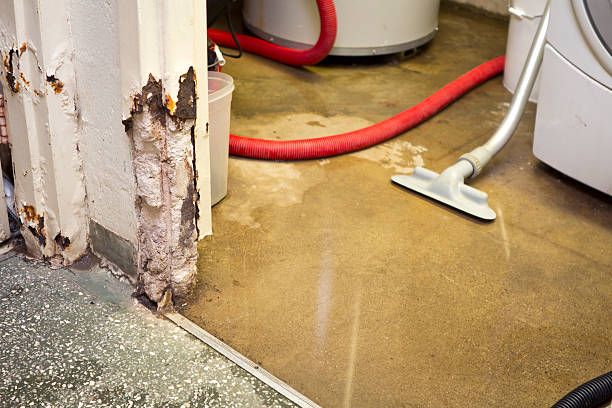
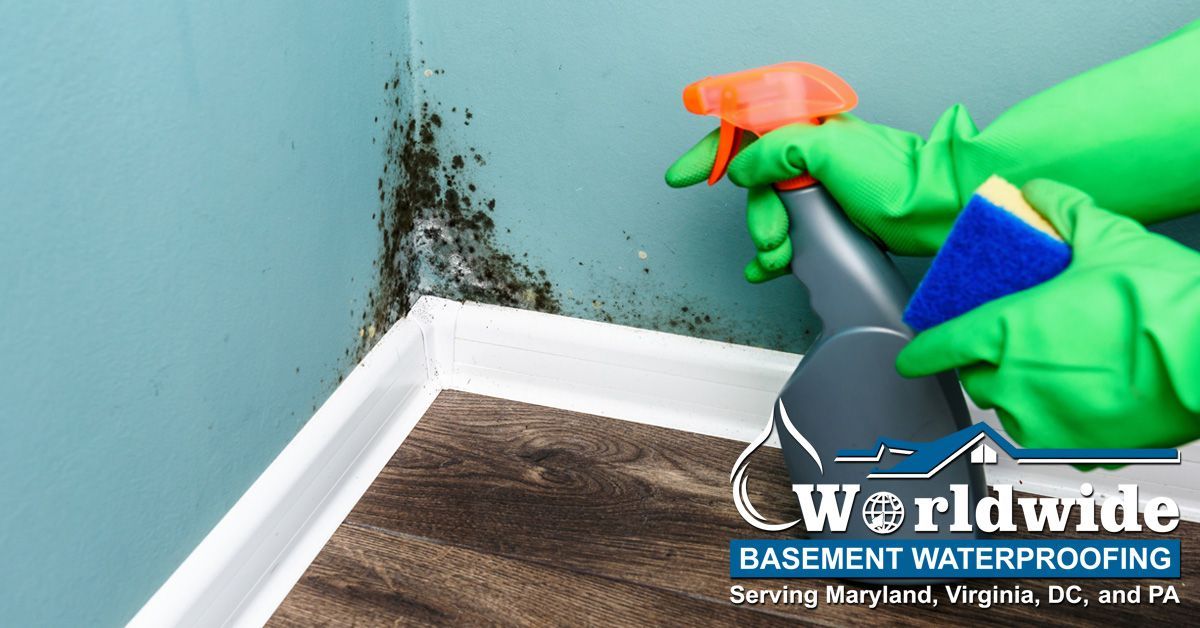

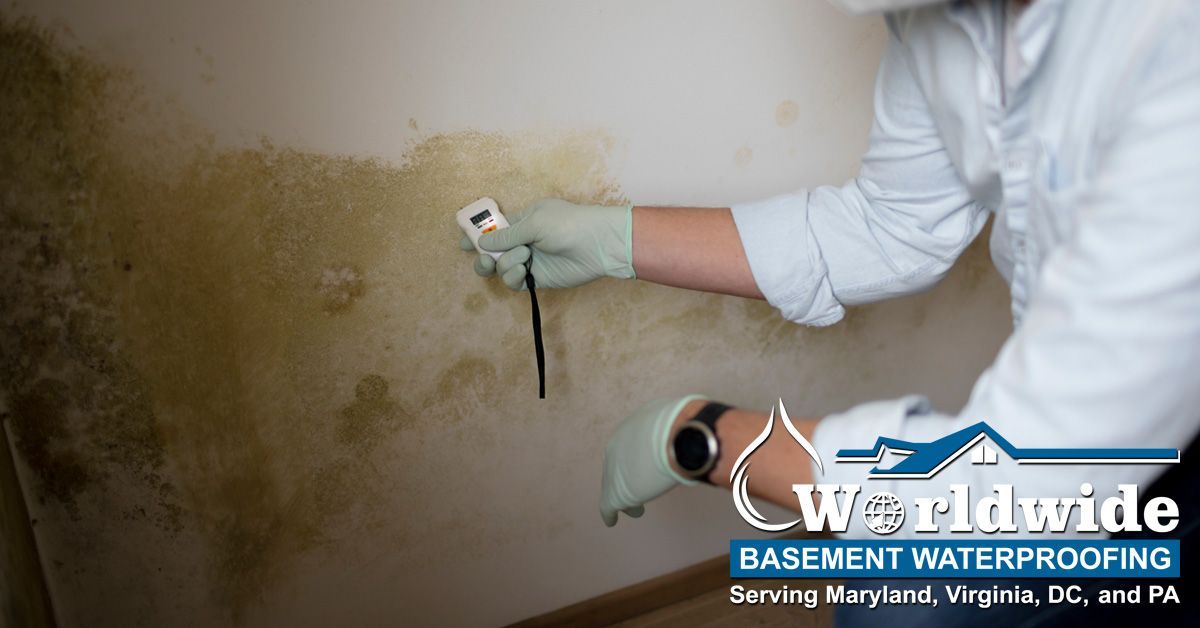
SERVING
OFFICE
HOURS
- Mon, Tue, Wed, Fri
- -
- Thursday
- -
- Saturday
- -
- Sunday
- Closed
CONTACT US
Northern Virginia (703) 647-2098
FREE ESTIMATES
Serving Maryland, Virginia, Washington DC and Pennsylvania
MHIC #96499
•
VA #2705 120358
•
DC #410517000554

